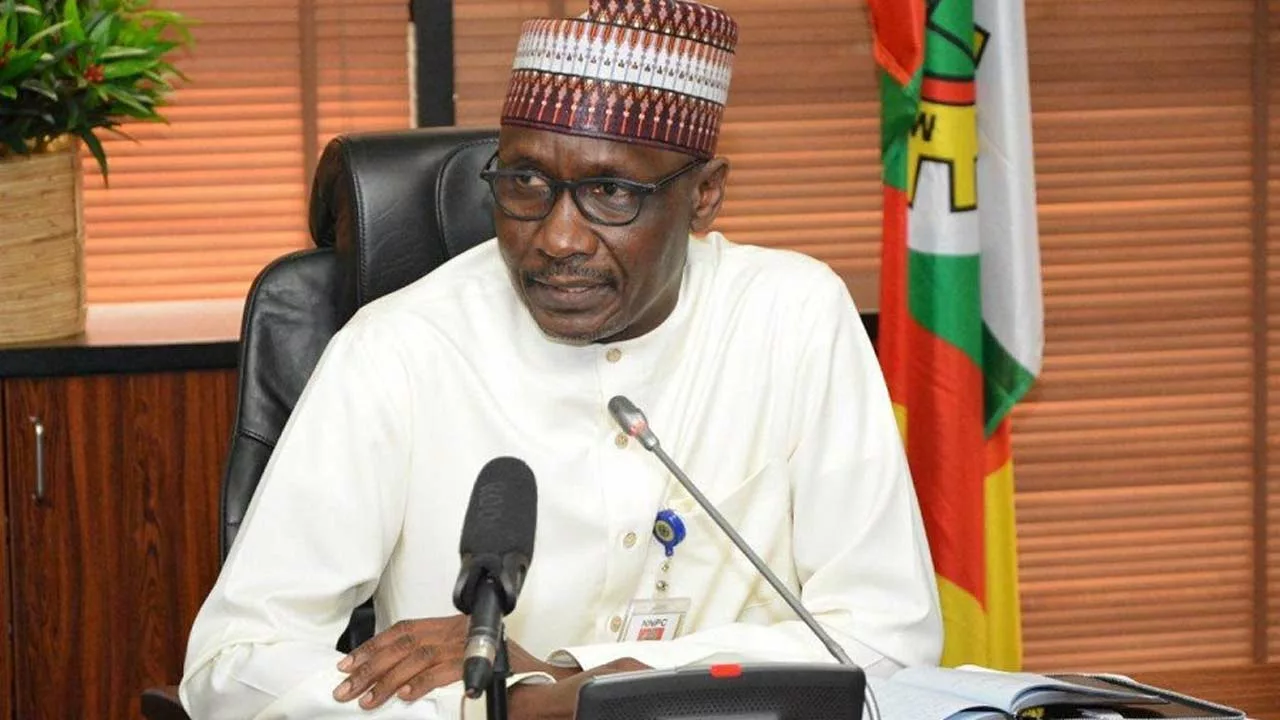As issues bordering on the IPPIS payment system has continued unabated, the Joint Senate and House of Reps Committee on Education has yesterday declared that they will end interruption of academic activities in this administration. The joint committee took the decision during the 2024 budget defence when the Acting Executive Secretary of the National Universities Commission, NUC, Prof. Chris Maiyaki appeared before it.
Chairman of the Committee, Senator Dandutse Muntari, and the co-chairman, Hon. Abubakar Hassan Fulata, asked Maiyaki who appeared with Vice Chancellors from federal universities to speak on the budget performance and challenges facing the system.
The Integrated Payroll and Personnel Information System, IPPIS, since its introduction into the payment system of the federal government has brought so many challenges in the academic institution which the lawmakers want to face once and for all.
Senator Muntari, who is also a member of Senate Committee on Tertiary Education and TETFUND, reiterated that the importance of education and the need to leverage on raw materials available in the country to achieve quality education cannot be over emphasize.
Meanwhile, Chairman of Reps Committee on University Education, Hon. Abubakar Hassan Fulata, recalled challenges faced by Ahmadu Bello University when he paid a visit to Zaria, stressing that the parliament looks forward to where academics within and outside can operate freely in any of the Nigerian universities without hitches.
According to him, “As parliamentarians, we are looking forward to universities that are valued internationally.
“On series’of complaints that IPPS and recruitment process have made the work cumbersome and discouraging in Nigerian universities”, Fulata said they will look into the nitty gritty of the whole issues and seek a way forward.
He called on the NUC and their VCs to make detailed submission of documents that will provoke conscious effort to tackling the problem.
Maiyaki, who appreciated the country navigation from one university in 1948 to 217 universities as of today though is an achievement, but acknowledged inadequate funding, inability to raise resources from other sources and IPPS as some of the major challenges facing the academics.
He expressed optimism that challenges confronting the system would be addressed with intervention of the parliament.
Prof. Sagir Abbas, Vice Chancellor, Bayero University Kano, who was speaking on behalf of other vice chancellors, thanked the lawmakers in the 10th National Assembly for their commitment towards addressing the problem confronting the Nigerian educational system.












